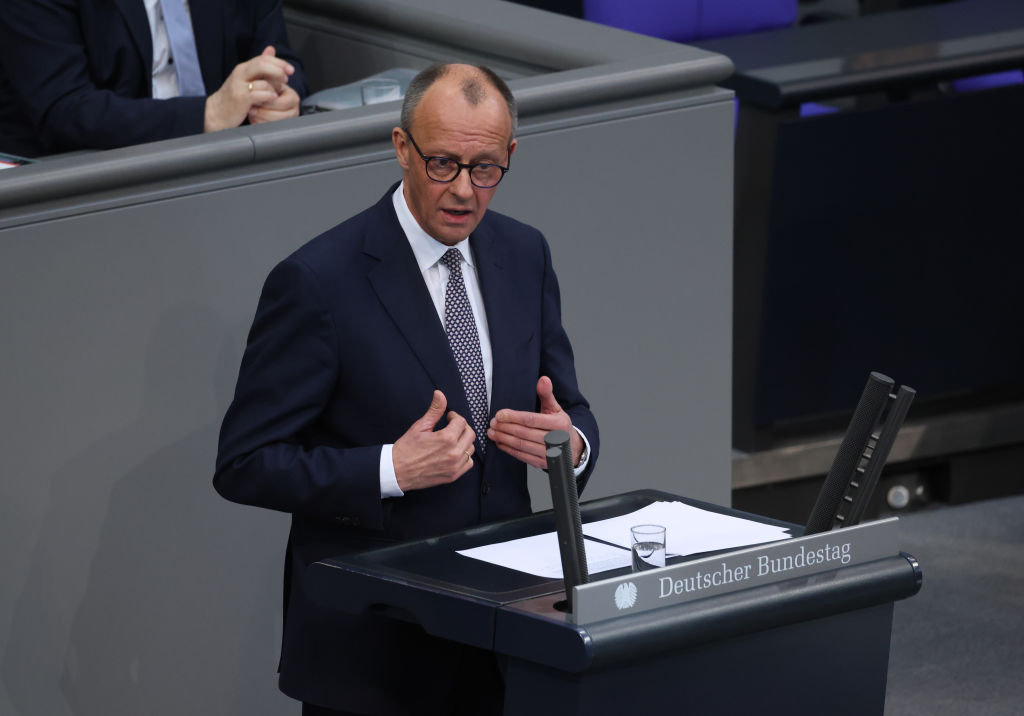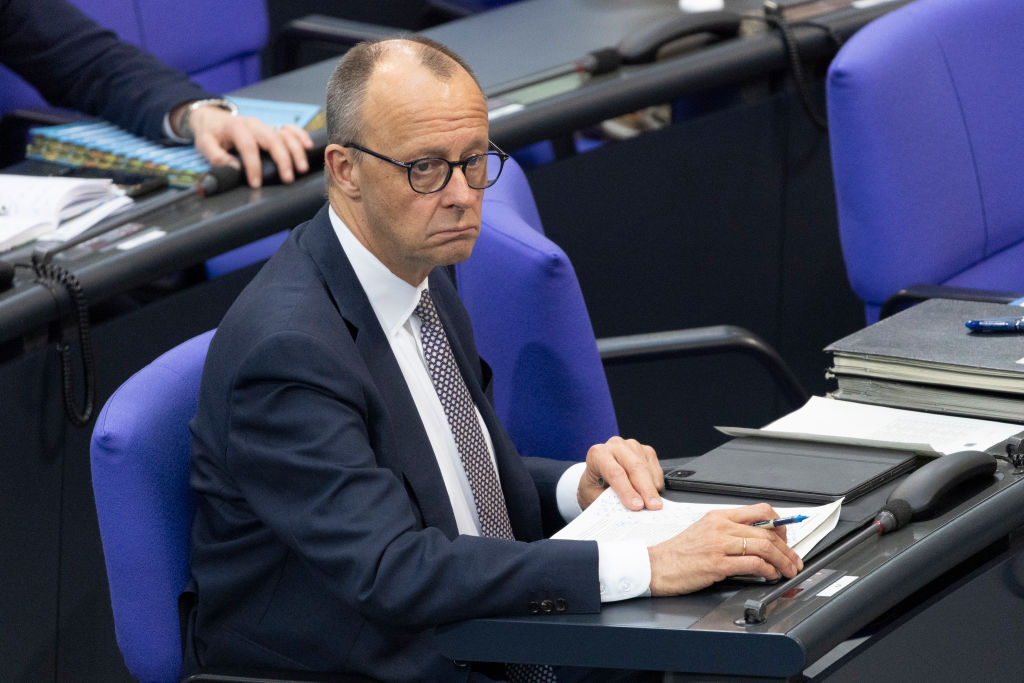In Germany, the Conservative Christian Democratic Union (CDU) and the Social Democratic Party (SPD) have agreed on a government coalition for the next four years.
Party leaders Friedrich Merz (CDU) and Lars Klingbeil (SPD) presented the coalition deal to the public on the afternoon of April 9 in Berlin.
Observers from the Right were quick to brand the agreement “disastrous” from a Conservative perspective, as a commentator for news portal “Nius” summed up the main points.
The parties have agreed not to lower the crushing tax burden on Germans for at least two years. Furthermore, despite CDU leader Friedrich Merz’s bold promises on migration ahead of the February federal election, there appeared to be no real turnaround of Germany’s lax migration procedures on the horizon.
A reform of the creaking public pension system would also not take place. Furthermore, there would not be a return to nuclear power as per the coalition pact.
Smoking marihuana, though – recently legalised under the previous left-wing government – will remain legal.
The coalition pact diverged from the CDU’s election programme on many points. Corporate tax will be cut but there was no plan to lower personal income taxes or estate taxes.
Moreover, corporate tax cuts will only start in the year 2028. While the new government promised to bring down electricity costs, there were no concrete plans on how to achieve that. Nuclear power did not feature in the 146-page document at all.
On migration, the results of the six weeks of negotiations were even worse for the CDU. There was no concrete limit for annual numbers of migrants, counter to earlier promises from Merz.
The “fast track nationalisation” procedure that allowed migrants to obtain citizenship after three years in the country has been abolished but the new waiting period is five years.
While nuclear power did not make it into the coalition pact – despite recent pressure from within CDU to bring some of the recently deactivated plans back online – the “cordon sanitaire” against the political Right featured prominently.
As the document read: “The coalition partners rule out any cooperation with anti-constitutional, anti-democratic and right-wing extremist parties at all political levels. In parliament, this includes joint motions, electoral agreements and other forms of co-operation.”
The division of ministries also did not reflect the relative strength of CDU – it received 29 per cent of the vote compared to SPD’s 15 per cent.
The CDU got nine ministries while the Social Democrats received seven – among them the influential finance ministry.
The coalition agreement was sure to leave many Conservatives dissatisfied.
In the past days there had been an increasing amount of internal criticism for Merz’s perceived weakness vis-à-vis the Social Democrats – which may well now snowball.





